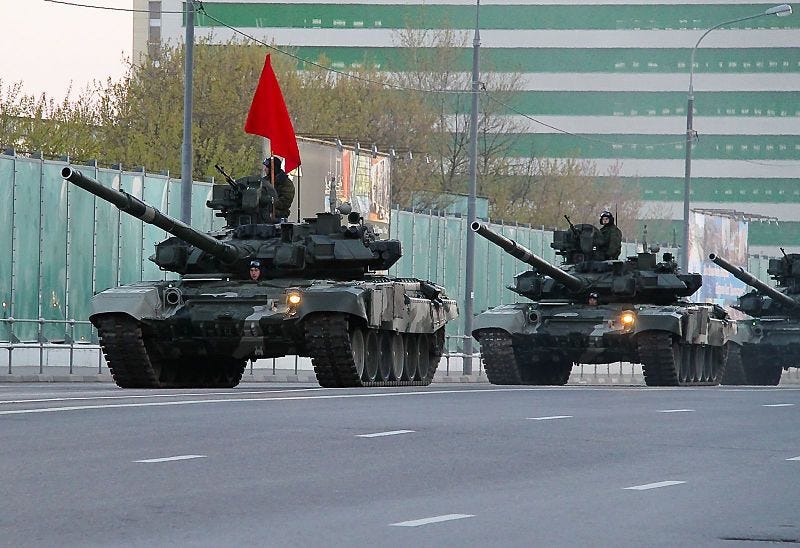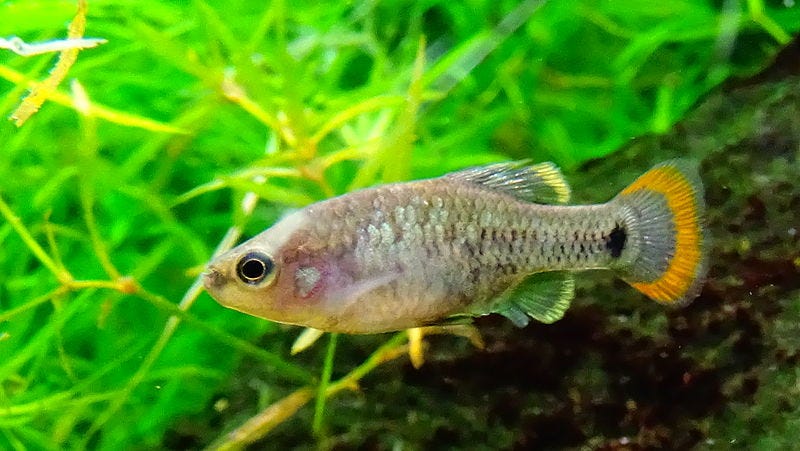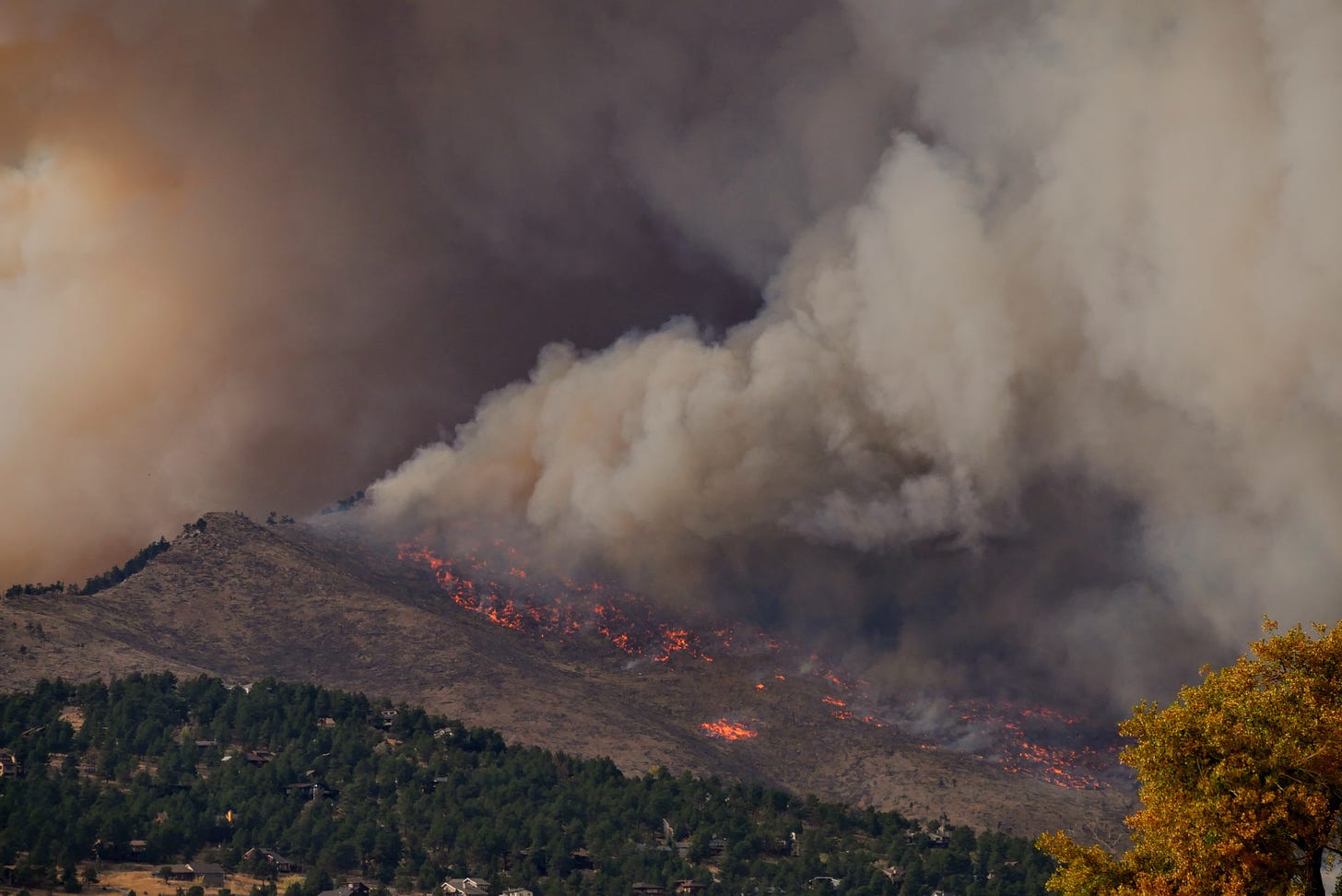Welcome to Planet Days, a five-minute roundup of the latest climate news and what it means for our Planet. If this was forwarded to you, smash that subscribe button.
Last week, the Dakota Access Pipeline officially died, another cyclone hit Madagascar, and the Biden administration froze oil and gas leases (again).
In case you missed it, read on for what else happened around the Planet.
Monday, February 21

Russia, Ukraine, and the Planet
Russia invaded Ukraine last week, launching the largest attack in Europe since World War II. Over the weekend, Ukraine forces showed fierce resistance, and this morning, those forces were holding onto several key cities, including the capital Kyiv. Follow live updates from The New York Times.
The unprovoked attack led to sweeping criticism of Russia and a flurry of developments around the world, many of which are climate related:
Germany froze the Nord Stream 2 pipeline project, which would have doubled the flow of natural gas from Russia to Germany (the U.S. then imposed sanctions on the company behind the pipeline).
Oil and gas prices soared as crude oil rose to $105/barrel, the highest since Russia invaded Crimea in 2014.
The U.S., European Union, and other allies imposed tough sanctions on Russia, cutting off Russia’s largest banks and oligarchs from the global financial system, as well as issuing travel bans and asset freezes of Putin’s inner circle.
The sanctions, however, fail to impose such penalties on energy imports.
Though Russia’s economy is in freefall, the situation unfolding in Ukraine is also hurting Western markets and pushing energy prices higher, underscoring many countries’ reliance on Russian gas (as we wrote in our recent post in Planet Days).
What’s next: The push to clean energy
The E.U. holds many of those countries dependent on Russian gas, a fact that’s kept them from interfering with Russian advances before. With this fresh conflict, though, policymakers are finally working on a strategy to break up with the Kremlin — and hopefully with fossil fuels.
The plan — to be announced by the European Commission next week — will take years to carry out but will accelerate the bloc’s transition to renewable energy and ultimately give the countries stronger political might against Russia. The Washington Post has more.
Storm Franklin swamps Britain
But climate impacts don’t rest for wars. On Monday, Storm Franklin swept across Britain, claiming lives, damaging homes, and downing powerlines. In some places, winds reached 89 mph, with severe flooding swamping households, as well as roads.
It was the third major storm in a week, and the resulting damage from Franklin hampered recovery efforts. Storm Eunice, which hit only days earlier, killed three people and left 1.4 million homes without power. BBC News has more.
Tuesday, February 22
A dirtier, smaller Antarctica
Humanity’s footprint is showing up in Antarctica. Increased recreation and tourism are leading to more black carbon — pollution spewed from ships, planes, and diesel generators — according to a new study. This poses a potential climate problem.
“What black carbon is doing is making the snow darker [so it] is absorbing more solar radiation,” study co-author Raúl Cordero told The Guardian. “That extra energy is accelerating the melting of the snow.”
But Antarctica isn’t only dirtier — it’s also smaller. Sea ice around the continent has dropped to its lowest level since 1979, when record-keeping began. The previous low was set only five years earlier.
Wednesday, February 23
UN: Wildfires get worse
A new United Nations report revealed climate change will increase the likelihood of extreme wildfires by 50% by the end of the century.
But the blazes won’t only impact previously scorched land in the American West, Siberia, and Australia — the “global wildfire crisis,” as researchers called it, will reach new places, like the Arctic and previously unaffected parts of the Planet. While the forecast is bleak, it is not hopeless. Read more from The Guardian.
Facebook (still) has a climate misinformation problem
Despite claims of climate crackdowns, Facebook is still a hub for climate denial. In May 2021, the platform said it would "informational labels" to certain climate change posts, directing readers to a page with more reliable information and resources.
New data by the Center for Countering Digital Hate, however, finds that the platform fails to label half of posts from major publishers of climate denial. In other words, climate denial, despite flying in the face of modern science, is allowed to flourish online.
"By failing to do even the bare minimum to address the spread of climate denial information, Meta is exacerbating the climate crisis," CCDH Chief Executive Imran Ahmed said in a statement. "Climate change denial — designed to fracture our resolve and impede meaningful action to mitigate climate change — flows unabated on Facebook and Instagram." NPR has the story.
Methane leaks and lies
Curbing methane — a greenhouse gas emission that has 80 times the global warming potential of carbon dioxide — is key to climate action. But many countries are failing to do just that, a new International Energy Agency report finds.
According to the report, methane emissions from the energy sector, which accounts for 40% of methane emissions, grew nearly 5% last year, with coal largely to blame. Not only that, but the IEA finds that global methane emissions are around 70% higher than what national governments report.
These numbers put more emphasis on the Global Methane Pledge, which the United States rolled out at COP26 last year. The non-binding pledge encourages countries to cut global methane emissions by 30% or more by 2030. Reuters has the story.
Bonus

Cheers to the tequila fish
The tequila fish was thought to be extinct in 1998, due to habitat fragmentation, pollution, and competition from non-native species. But now, residents of a small town in western Mexico are celebrating the small fish’s reintroduction into the wild…with a few drinks.
"It's an important part of the ecosystem,” Consuelo Rivera, a 70-year-old retired teacher, told Agence France-Presse. “It's a carnivorous species and it feeds, for example, on mosquito larvae, which keeps ecosystems healthy for humans.”
Have a great week,
Brandon and Sam





